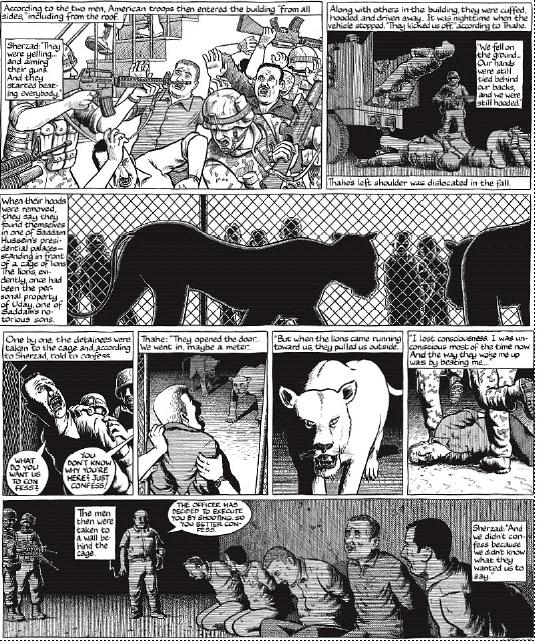First things first: the report is now online (PDF file). I still need to read it properly, but in the meantime I’d like to talk about the likely media reaction to the report. Already in the LA Times article I linked to below you could see the narrative about the report taking shape, which was confirmed for me by the BBC news report on it during PM.
What is stressed in both cases is 1) how controversial the previous Lancet report was, 2) how out of line the new report is with other and/or official counts (with specific emphasis on Bush’s own estimate of 30,000 deaths earlier this year and the Iraqi Bodycount Project) and 3) the official rejections of the report. What is not reported is that the scientific accuracy of the previous report was never in question, other than by political hacks (See Tim Lambert’s sterling debunking work for more details), nor is explained how the differences in methology between the Lancet report and the Iraqi Bodycount Project makes them incomparable. The latter after all only counts deaths reported in western media and hence misses the vast majority of Iraqi deaths.
This approach is not that surprising: it’s safe ‘n easy, lazy journalism, biased towards the status quo. While Americans may think the BBC is largely immune to the inane habit of “balanced reporting” where the opinion of both sides in an argument is given equal weight, no matter where the truth lies their own newsmedia is infected with, reports like this sadly show this is not the case. Even the BBC is biased towards the status quo and not much interested in investigating the truth. There’s no calculated malice behind this, just the everyday pressures of being a news organisation, one of which is getting the news out now rather than after careful investigation. Later perhaps the claims of both parties can be examined for truth, but by then the newscycle might have already moved on and in any case the false claims are well established.
(This Lenin’s Tomb post has more evidence of the increassing laziness of the BBC’s news teams, in their answer as to why they didn’t pay any attention to the BNP terrorism case.)
